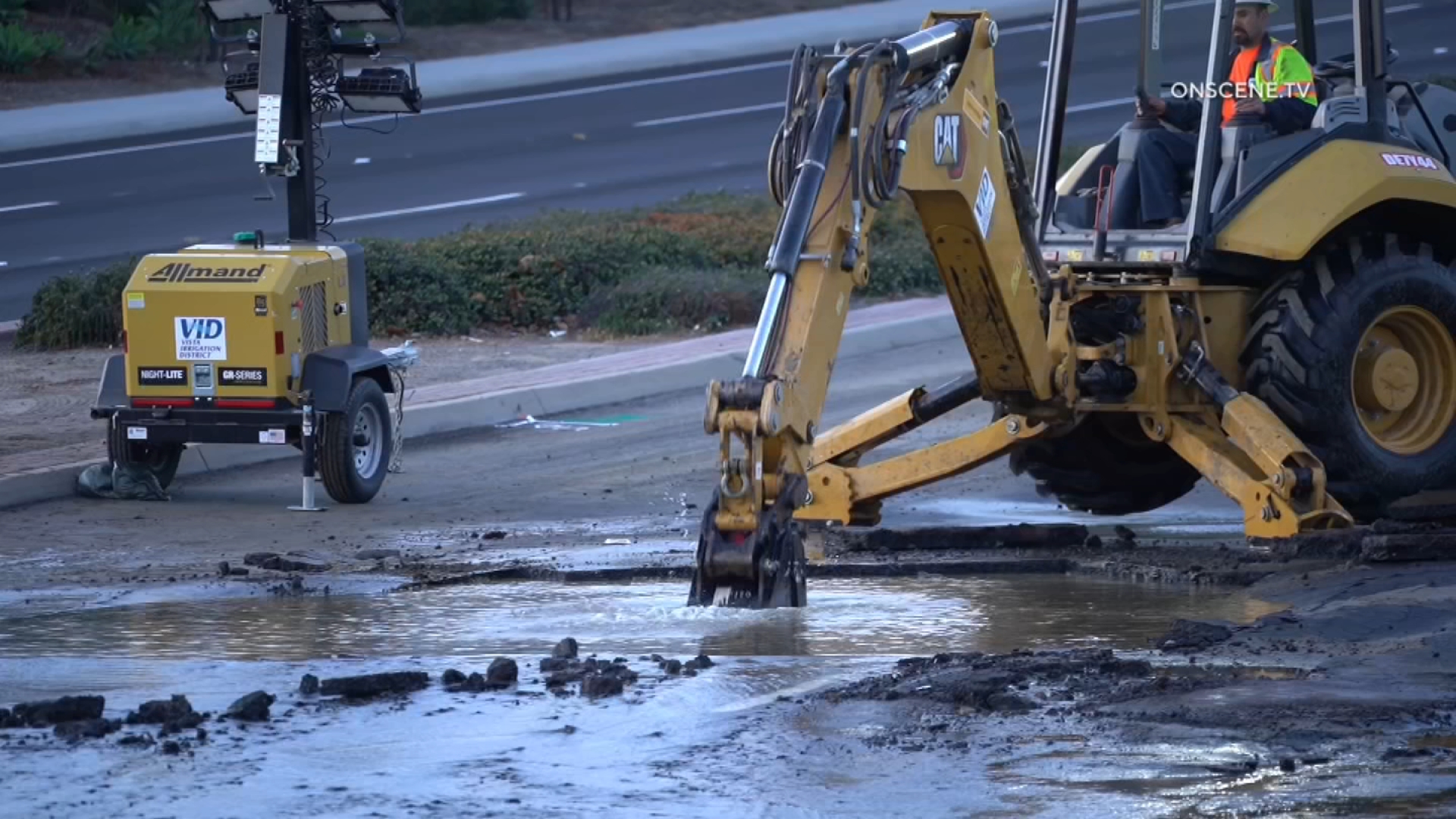Criminal charges have been filed against a luxury art and jewelry business in La Jolla that was discovered to be in possession of more than $1 million dollars worth of illegal elephant and rhinoceros ivory, the San Diego City Attorney's office said Wednesday.
Carlton Gallery in La Jolla's popular Prospect Street shopping area was discovered to be in possession of more than 300 pieces of ivory and relics made with the illegal product after an investigation that began in May 2017, City Attorney Mara Elliott said at a press conference.
The store's salesperson, Sheldon Miles Kupersmith, and the store's owner, Victor Hyman Cohen were named in a criminal complaint filed on Tuesday.
The investigation was launched after wildlife officers with the California Department of Fish and Wildlife spotted two art pieces in the store's display windows that appeared to contain ivory.
More potentially illegal items were spotted on various trips back to the store and on May 1, 2018, a sting operation uncovered Kupersmith selling ivory products, according to the city attorney's office.
That same day, wildlife officers descended on Carlton Gallery with a search warrant. Their sweep confiscated 146 items with ivory from the gallery. Nearly 200 more pieces were discovered in a warehouse nearby, the complaint said.
Some of the pieces containing ivory included art sculptures, rings, boxes and ivory pieces themselves.
A law banning the sale of nearly all ivory in the state of California took effect on July 1, 2016.
Illegal ivory comes from the tooth or tusk from a species of elephant, hippopotamus or walrus and has led to animal trafficking and poaching, according to wildlife animal experts with San Diego Zoo Global.
Under Fish and Game Code, there are two exceptions to selling ivory. The ivory must be less than 20 percent by volume in a musical instrument that was manufactured no later than 1975.
The second exception is the ivory must be less than five percent in a bona fide antique with historical documentation proving the antique is more than 100 years old.
Law enforcement said the ivory pieces in the Carlton Gallery were not part of musical instruments and had ivory more than five percent volume of the product.
According to officials with Fish and Wildlife, many times when items such as ivory are confiscated, they go to a warehouse in Denver, Colorado where they are placed permanently.



